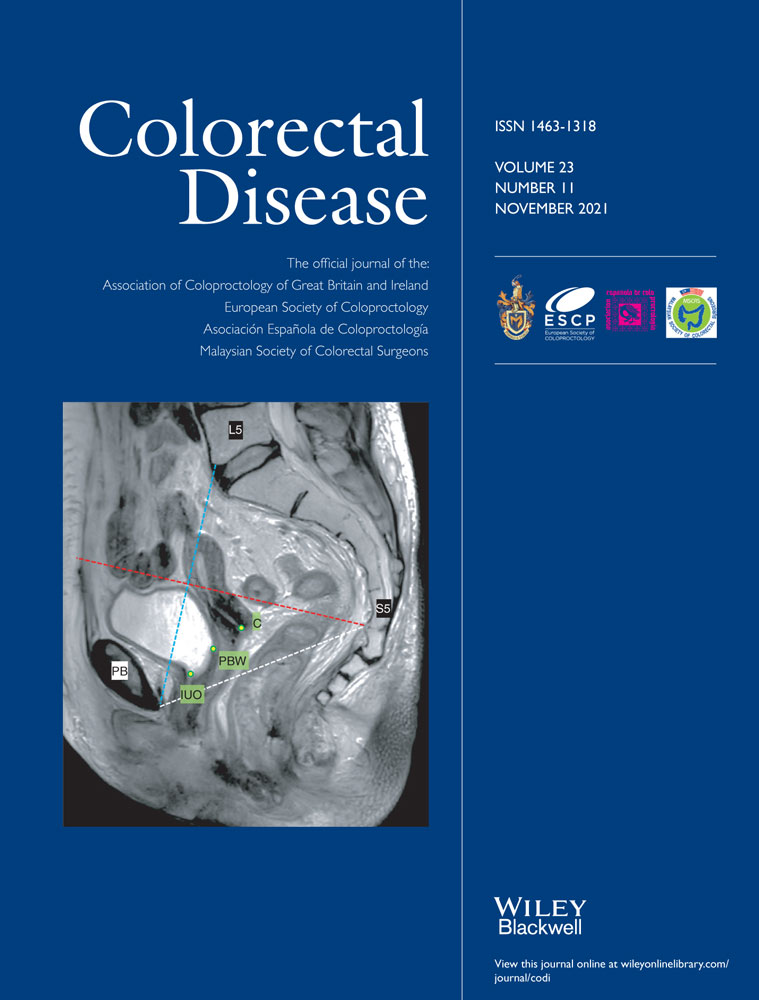The learning curve in robotic colorectal surgery compared with laparoscopic colorectal surgery: a systematic review
JF and JTL contributed equally to this paper as co-first authors.
Prospero registration number: CRD42020222512.
Funding information
No funding was received.
Abstract
Aim
The learning curve has implications for efficient surgical training. Robotic surgery is perceived to have a shorter learning curve than laparoscopy; however, detailed analysis is lacking. The aim of this work was to analyse studies comparing robotic and laparoscopic colorectal learning curves. Simulation studies comparing novices’ learning curves were analysed in order to surmise applicability to colorectal surgery.
Method
A systematic search of Medline, PubMed, Embase and the Cochrane Library identified colorectal papers (from 1 January 2000 to 3 March 2021) comparing robotic and laparoscopic learning curves where surgeons lacked laparoscopic colorectal experience. Simulation studies comparing learning curves were also included. The learning curve was defined as the period of ongoing improvement in speed and/or accuracy.
Results
From 576 abstracts reviewed, three operative and 16 simulation studies were included. The robotic learning curve for right colectomy was significantly faster in one study (16 vs. 25 cases) and equal for anterior resection in two studies (44 vs. 41 cases and 55 vs. 55). One study showed fewer complications for robotic patients (14.6% vs. 0%, p = 0.013). Ten simulation studies reported faster times and eight recorded error rates favouring robotic surgery. Seven studies measured the learning curve. Four favoured laparoscopic surgery, but operating times were faster using the robotic platform.
Conclusion
Operating times for robotic surgery may be faster than laparoscopy when surgeons are inexperienced with both platforms. This may be related to a superior baseline performance rather than a shorter learning curve. Whether a shorter learning curve on the laparoscopic platform will persist for long enough to enable skills to overtake robotic ability needs further investigation.
CONFLICT OF INTEREST
JF, no conflicts of interest or financial ties to disclose. JTL, educational grant funded by Intuitive Surgical. JCHK, no conflicts of interest or financial ties to disclose. PS Waters, no conflicts of interest or financial ties to disclose. S Warrier, honorarium from Device Technologies for proctoring robotic cases. A Heriot, no conflicts of interest or financial ties to disclose.
Open Research
DATA AVAILABILITY STATEMENT
Data sharing is not applicable to this article as no new data were created or analysed in this study.




